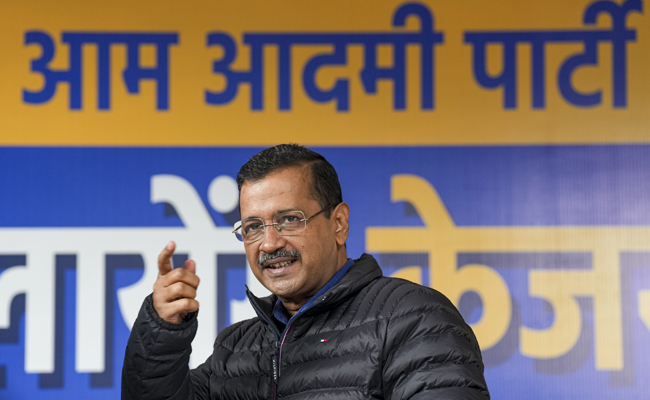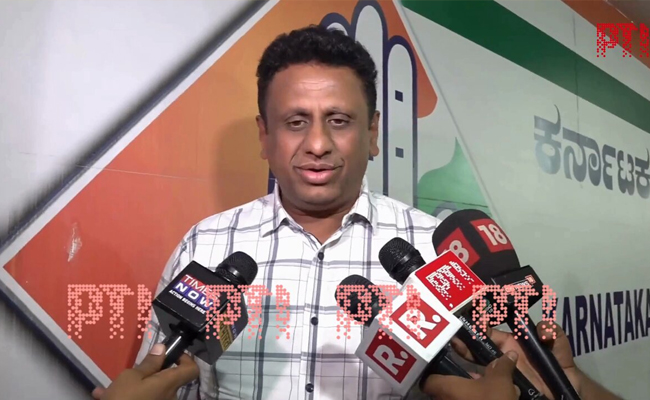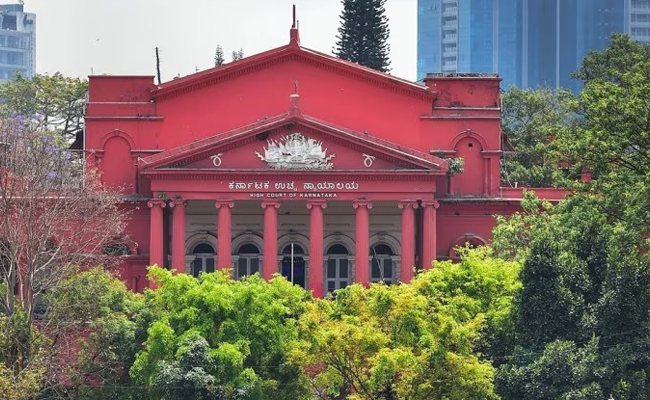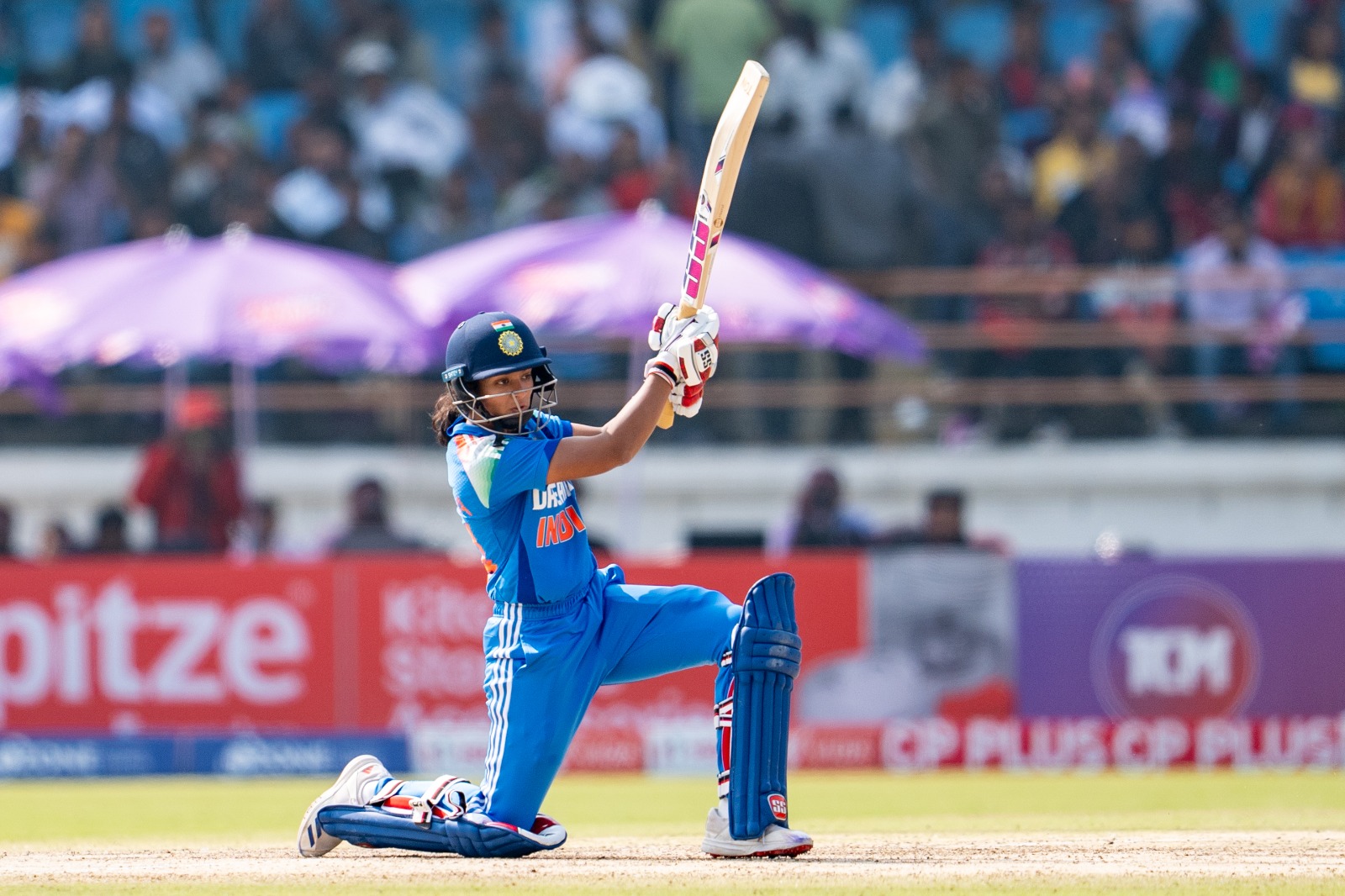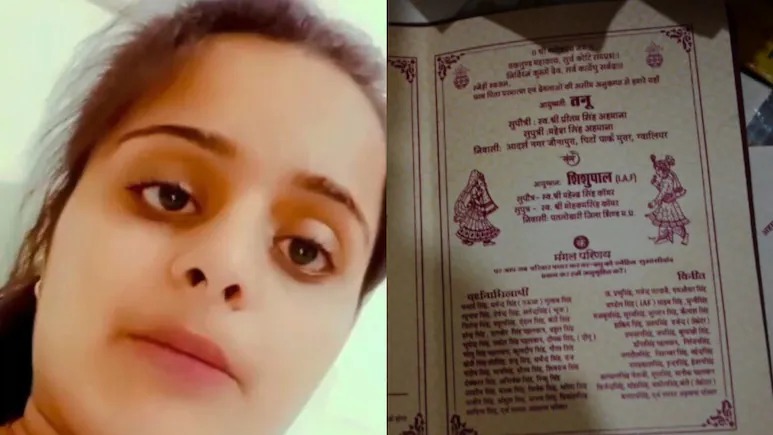New Delhi (PTI): The Union Home Ministry has granted sanction to the Enforcement Directorate to prosecute former Delhi chief minister and AAP national convenor Arvind Kejriwal in the excise policy linked money laundering case, officials said.
The federal agency has filed a chargesheet against the 56-year-old politician before a special Prevention of Money Laundering Act (PMLA) court here last year after arresting him in March.
The Ministry of Home Affairs (MHA) has recently granted the required sanction to the Enforcement Directorate (ED) for prosecuting Kejriwal under the anti-money laundering law in the Delhi excise policy case, officials said.
The development comes ahead of the Delhi Assembly on February 5.
Kejriwal has been made made an accused in his personal capacity as well as in the capacity of being the national convenor of his political party AAP.
The former chief minister was called the "kingpin and key conspirator" of the Delhi excise "scam" by the ED.
It was alleged that he acted in collusion with Delhi government minister, the AAP leaders and others.
The ED had earlier claimed that AAP, being a political party, is defined as an association or a body of individual citizens of India under the Representation of the People Act and hence it can be categorised as a "company" as contemplated under Section 70 of the PMLA.
As Kejriwal was "in-charge of and responsible" for the said company i.e. AAP during the time of offence, he and his party "shall be deemed guilty" of offences mentioned under the anti-money laundering law and liable to be prosecuted and punished, it had said.
The excise case pertains to alleged corruption and money laundering in formulating and executing the Delhi government's excise policy for 2021-22, which was later scrapped.
Delhi Lieutenant Governor V K Saxena had recommended a CBI probe into the alleged irregularities. Subsequently, the ED registered a case under the PMLA.
Taking cognisance of a CBI FIR lodged on August 17, 2022, the ED filed its money laundering case on August 22, 2022 to probe the alleged irregularities.
Let the Truth be known. If you read VB and like VB, please be a VB Supporter and Help us deliver the Truth to one and all.
Bengaluru (PTI): Karnataka Minister M C Sudhakar has written to Union Minister for Education Dharmendra Pradhan expressing his opposition to the recently published draft UGC Regulations, 2025.
He said UGC should be engaging in a dialogue with state governments before proposing any changes.
The University Grants Commission (UGC) called for public consultation of its draft for Minimum Qualifications for Appointment and Promotion of Teachers and Academic Staff in Universities and Colleges and Measures for the Maintenance of Standards in Higher Education Regulations.
In a letter dated January 13, Karnataka Minister for Higher Education Sudhakar said the state strongly opposes certain provisions related to the appointment of Vice-Chancellors, which he said, strike at the root of the higher education system and powers of the state government.
According to the minister, the draft guidelines provide no role for the state government in selecting the Vice-Chancellor of a university.
"The guidelines provide for a search-cum-selection committee appointed by the Chancellor/Visitor with no nominee of the State Government. The powers to appoint the Vice-Chancellor out of the panel recommended by the search-cum-selection committee is given solely to the Visitor/Chancellor," added the minister.
The qualifications required for appointment of Vice-Chancellors, which include non-academicians, also requires serious deliberation, he added. As per draft, said the minister, if the Vice-Chancellor is not appointed as per these guidelines, the appointment shall be null and void.
"This would contradict the provisions of the legislations governing Universities in the state, including in relation to the tenure and reappointment of Vice-Chancellors," he added.
The minister said the state government plays a critical role in advancement of higher education in the state.
"Karnataka is at the forefront of higher education with a gross enrolment ratio higher than the national average. Substantial funds are provided by the state government to administer and run public universities in the state. Apart from developmental grants to universities, salaries and pensions of the permanent teaching and non-teaching staff are provided by the state exchequer," said Sudhakar.
He also said UGC should ideally be engaging in a dialogue with state governments to assess the present status and issues faced by the universities pertaining to various student related issues in the present system before proposing any radical changes to the existing guidelines.
He urged the union education minister to direct the UGC to withdraw the draft guidelines immediately and engage in a wider consultation with state governments.

